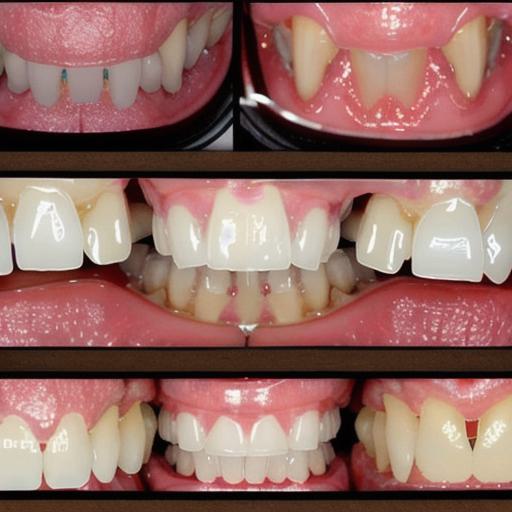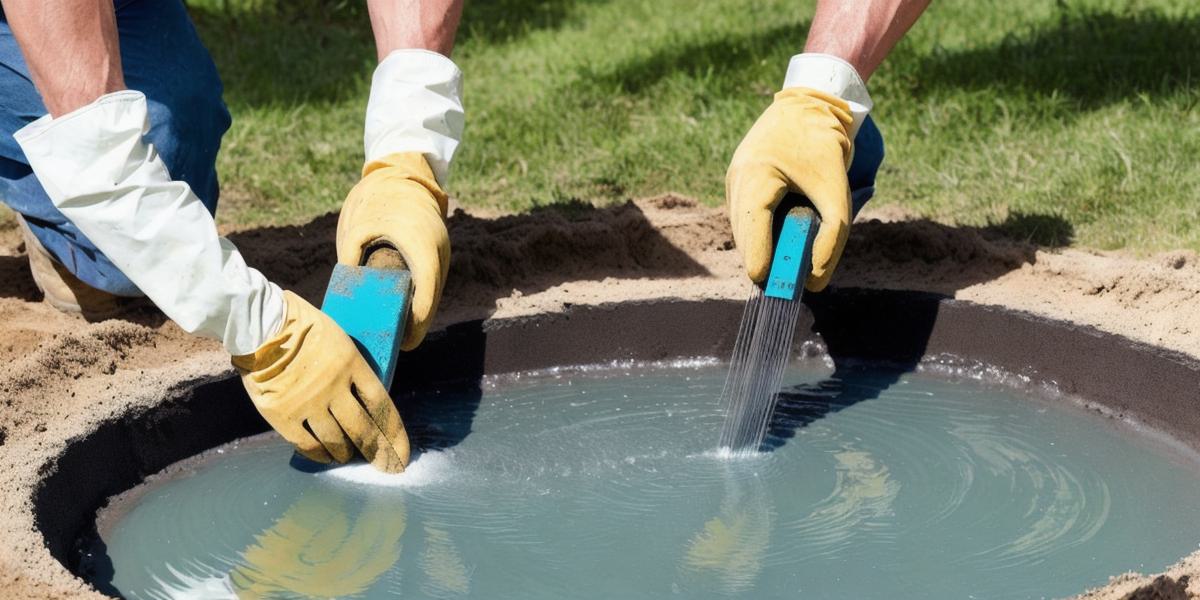Dental implants are a popular option for people who have lost teeth due to injury, illness, or other reasons. While they can provide a durable and natural-looking solution, the recovery process can be uncomfortable and challenging. In this article, we will discuss how to recover effectively after getting dental implants and provide tips on how to optimize your experience.

- Understand the Recovery Process
The first step in recovering effectively after getting dental implants is to understand what to expect during the recovery process. While the length of the recovery period can vary depending on individual factors, it typically takes between 2-6 weeks for the initial healing stage and up to a year or more for complete integration into the mouth.
During the recovery process, you may experience some discomfort, swelling, and bruising around the implant site. It is normal for these symptoms to subside gradually over time, but you should be aware of any signs of infection or other complications. If you experience severe pain or bleeding, it is essential to contact your dental professional immediately.
- Maintain Good Oral Hygiene
Maintaining good oral hygiene is crucial during the recovery period and beyond. Brushing twice a day with a soft-bristled toothbrush and flossing daily can help prevent infection and promote healing. It is also important to avoid smoking, as it can slow down the healing process and increase the risk of gum disease.
If you have recently had dental implants placed, your dental professional may recommend using a mouthwash specifically designed for post-operative care. This mouthwash can help reduce inflammation and prevent bacteria from growing on the implant surface.
- Eat a Healthy Diet
Eating a healthy diet is essential for recovery after getting dental implants. Soft, easy-to-chew foods like soups, mashed potatoes, and yogurt can help alleviate discomfort and promote healing. As your mouth heals, you can gradually incorporate harder foods back into your diet.
It is also important to stay hydrated by drinking plenty of water throughout the day. This can help flush out bacteria and prevent dryness in the mouth.
- Get Enough Rest
Rest is crucial during the recovery period after getting dental implants. Your body needs time to heal, so it is essential to get enough sleep each night. Avoid strenuous activities like exercise or heavy lifting during this time, as they can increase the risk of injury and delay healing.
- Follow Post-Operative Instructions
Your dental professional will provide you with detailed instructions on how to care for your implants after the procedure. It is essential to follow these instructions carefully to ensure a successful recovery. This may include avoiding certain foods or drinks, taking medications as prescribed, and scheduling regular checkups and cleanings.
- Consider Complementary Therapies
In addition to traditional care, there are several complementary therapies that may help promote healing and reduce discomfort after getting dental implants. These include acupuncture, massage therapy, and chiropractic care. It is important to discuss these options with your dental professional before attempting them.
- Stay Positive and Optimistic
Recovering from dental implants can be a challenging and uncomfortable experience, but it is essential to stay positive and optimistic throughout the process. Focus on the end result – a healthier, more confident smile – and remember that with proper care and attention, your implants can provide a durable and natural-looking solution for years to come.
FAQs
-
How long does it take for dental implants to heal?
It can take anywhere from 2-6 weeks for the initial healing stage and up to a year or more for complete integration into the mouth. -
What should I avoid during the recovery period after getting dental implants?
Avoid strenuous activities like exercise or heavy lifting, smoking, and certain foods or drinks that can increase the risk of infection or delay healing.


![How can I delete a posted invoice in [specific accounting software]](https://umemps.org/blog/wp-content/uploads/2024/05/30792665.jpg)
